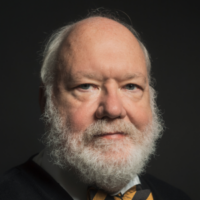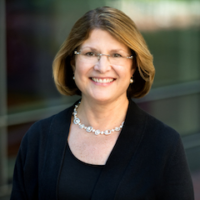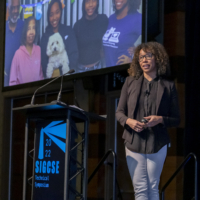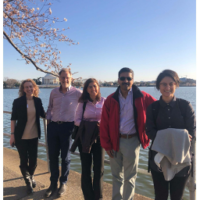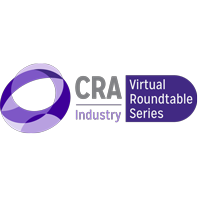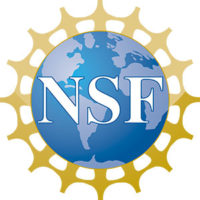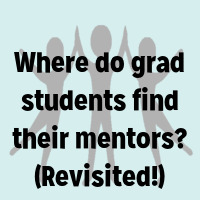
Who do Men and Women Graduate Students Consider to be Their Mentors? An Analysis Revisited.
Where do graduate students find mentors? CERP revisited a prior analysis with updated data from the 2020 Data Buddies Survey and discovered the most common sources for mentors. Additionally, CERP uncovered some significant differences between where men and women graduate students find mentors.


